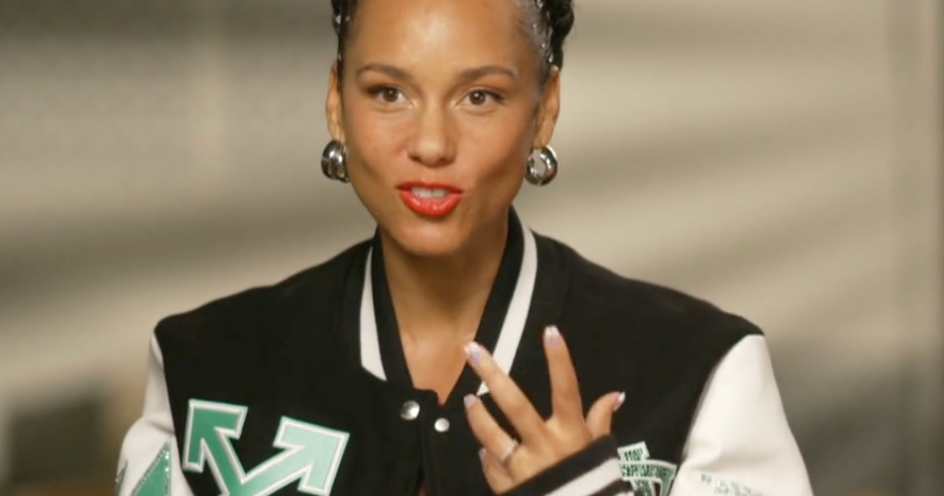Elliot Page opens up about his emotional journey and the fight for LGBTQ equality in new interview
For actor Elliot Page, the journey to living authentically has been, and continues to be, an emotional one. In his first interview since coming out as transgender in December, Page spoke with Time Magazine about the "deep gratitude" he felt "to have made it to this point in my life," and about his fight to ensure that all transgender individuals have the support they need.
"I want to live and be who I am," Page, who is well-known for his role in Netflix's "The Umbrella Academy," told Time. "...It's a complicated journey, and an ongoing process."
Page is the first transgender man to be on the cover of Time Magazine, according to Reuters.
Despite coming out just three months ago, Page, 34, said in the interview that he has felt like and has wanted to identify as a boy since he was a child. But he said that being a professional actor, a career he started at age 10, required him "to look a certain way."
When he decided to tell the world that his name is Elliot, he said he anticipated a lot of support and love — but also a "massive amount of hatred and transphobia."
"That's essentially what happened," Page told the magazine. But despite the criticism he's faced, he told the magazine that he believes he has a privilege and responsibility to be honest and live authentically.
"Extremely influential people are spreading these myths and damaging rhetoric — every day you're seeing our existence debated," Page said. "Transgender people are so very real."
Much of this debate has been political. So far in 2021, there have been more than 100 bills proposed that would negatively impact the LGBTQ community, according to the American Civil Liberties Union. More than 60 of those bills specifically target transgender youth, the ACLU said.
Since he came out, Page has primarily used his social media pages to raise awareness about crimes and legislative actions that are hurting the LGBTQ community. One of the issues he's focused on is access to non-discriminatory health care for transgender individuals.
One of the most comprehensive surveys of transgender individuals in the U.S., released in 2016, found that one in three transgender individuals who saw a doctor within the year had reported at least one negative experience related to being transgender, including harassment and refusal of treatment. Those who are transgender were also more likely than the general population to be uninsured.
"My privilege has allowed me to have resources to get through and to be where I am today," Page told Time, "and of course I want to use that privilege and platform to help in the ways I can."
Even when tweeting about his interview in Time, Elliot used his platform to raise awareness about the discrimination transgender individuals face. "With deep respect for those who came before me, gratitude for those who have supported me & great concern for the generation of trans youth we must all protect, please join me and decry anti-trans legislation, hate & discrimination in all its forms," he tweeted.
"We know who we are," Page told Time, in reference to the debate about rights transgender individuals. "People cling to these firm ideas [about gender] because it makes people feel safe. But if we could just celebrate all the wonderful complexities of people, the world would be such a better place."



